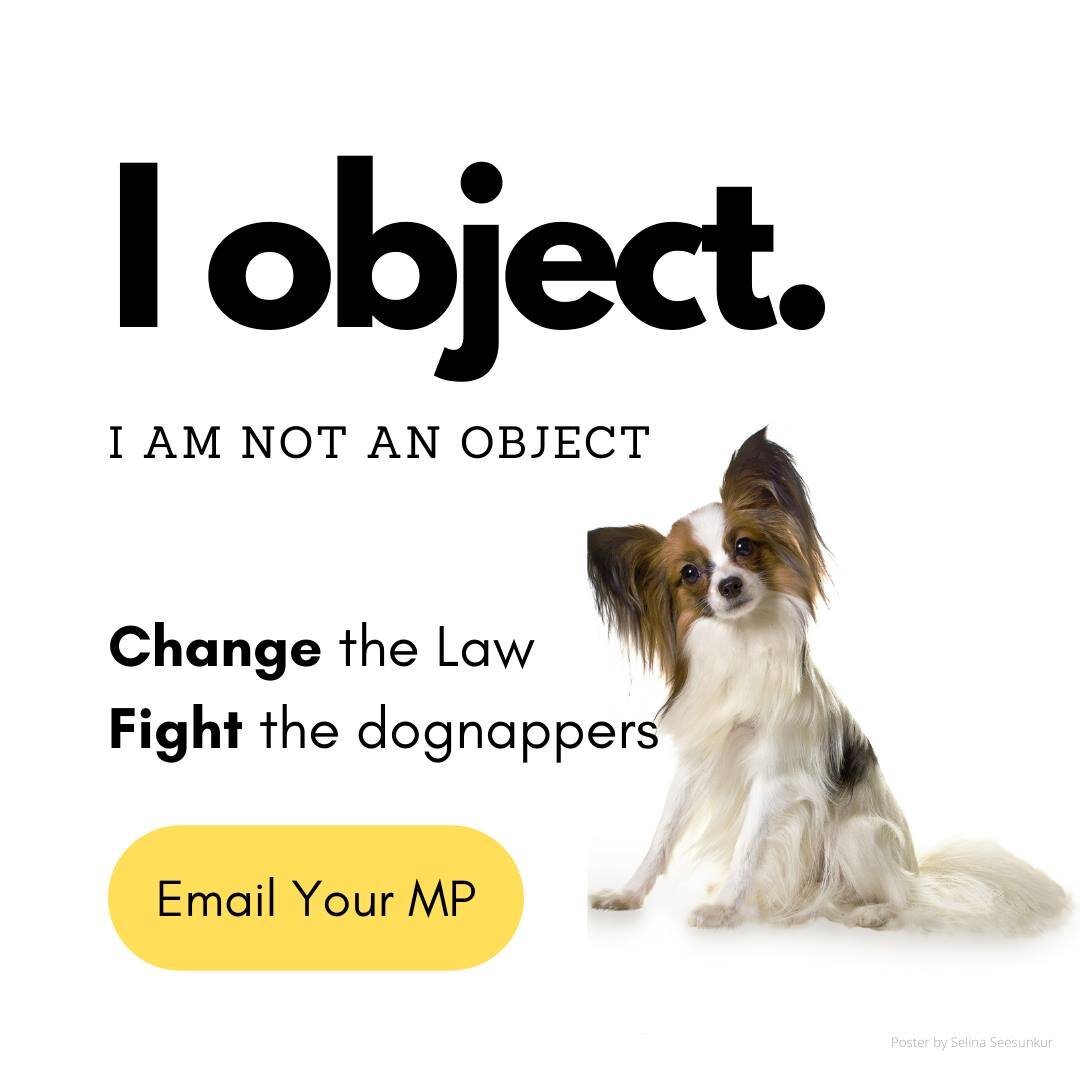By Selina Seesunkur
I was elected in 2018 and, having been a Councillor for over 3 years, I have met some incredibly wonderful people, who rather selflessly help members of their community and make their towns a better place. They do not do this to pursue political aspirations or to further professional ones, they are genuinely the salt of the earth and I feel humbled to know them. I believe that, to change the face of politics, we need more people who are community-focused and fewer traditional cut-throat politicians. This might be an ideological statement to make because there is a point in every politician’s life where you have to fight to survive, whether it is to be re-elected for another term, or just to gain a place in the management team or cabinet. However, I truly believe the purest of community champions would win any day of the week, as they are winners to the people they were elected to serve.
Being a Councillor is one of the most fulfilling things I have ever done, but can you be a community champion without entering politics? Yes, of course you can. We have quite a few residents who campaign because the Council have proposed something their community does not agree with, from developments to road closures. They petition, protest, and more.
So why become a Councillor if you can make a difference anyway? Well, there are things Councillors do that an activist or member of the public cannot do. In summary, if your Party is in control of the Council, i.e., they hold the majority of the seats, Councillors run the Council. This means they can set local policies, be part of a Cabinet that decides which schemes to run, and manage the public purse, (budget). If your party is in opposition, Councillors scrutinise the policies, schemes and budgets to ensure taxpayers’ money is being spent properly and in accordance with the needs of the community. Whilst Opposition Councillors have less power, they tend to petition and challenge more, and therefore can still make a significant difference.
Aerial Shot by Simon Taylor showing the land between the leisure centre and Larks Wood – 7th October 2020
In my borough (Waltham Forest, which is Labour controlled) the Council decided to propose a mature green forest space as a development site for over 200 homes. This would have replaced precious woodland with big blocks of flats. We had just entered lockdown, so traditional methods of gaining support, like door-knocking were off limits. Given this space was enriched with wildlife and mature trees, residents wanted to save the space, as did I. Once we had a consensus, my colleagues and I launched a petition and campaign “Save the Green Space”. Residents were so passionate about this space, we collectively gathered over 2,000 signatures and over 380 residents wrote letters to the Council. We were successful in saving this space, once known for its famous Larkswood Lido.
However, the story did not end there. A small Community Group, the Friends of Ainslie and Larks Wood (FOAL), teamed up with the Highams Park Plan Group and we all worked together on an application to designate the land as green open space, which would have protected it against future development. Given the overwhelming response by the public, the Council agreed to designate the space, meaning the space will not be built on during my lifetime and beyond. It is a legacy which will resonate with FOAL and me forever. It is moments like that which make me proud to be a Councillor. I was able to champion the cause with the Council as I was part of the Council and it was impossible for Officers and Councillors to ignore me. I was able to raise it at key meetings including Cabinet and the scrutiny committee and, because we were in lockdown, these meetings were televised, making it hard to ignore. If you have a bit of spare time and want to make a difference to your local area, please consider standing to be a Councillor, it will be one of the most rewarding experiences of your lifetime.





